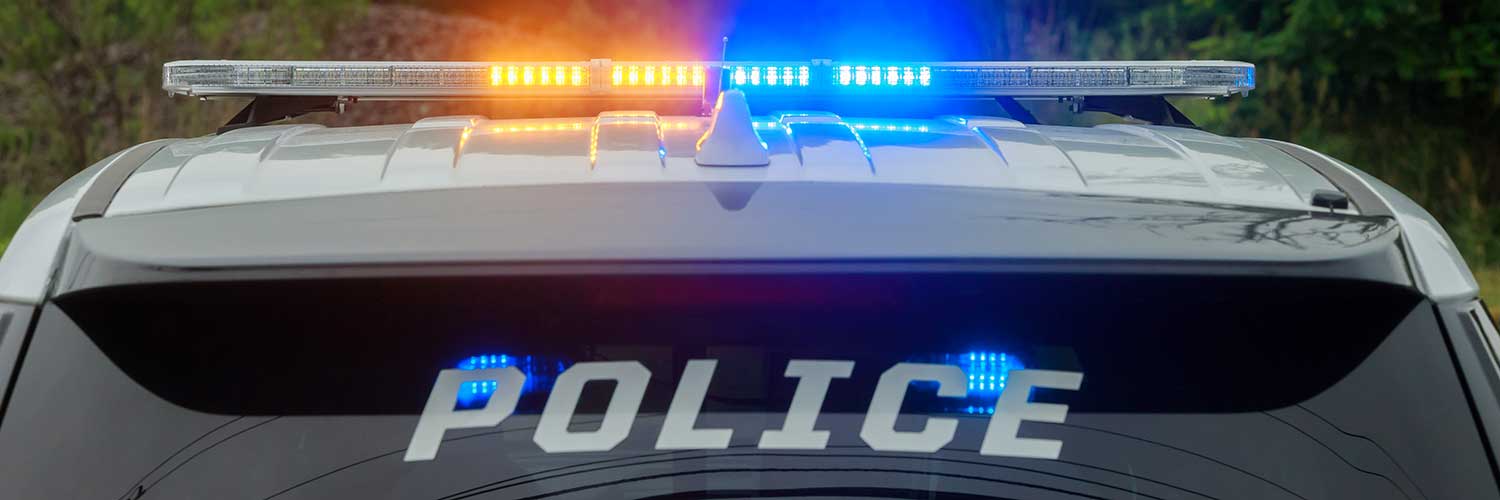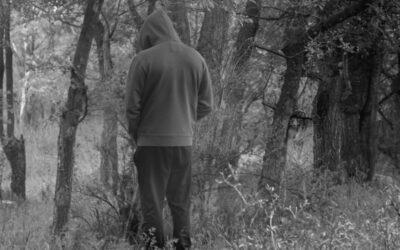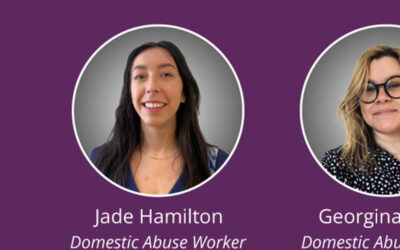A day in the life of a DVA worker (domestic violence advocate worker) can be a long one. But what do they see and experience? What do they do? And why are they so vital to supporting victims of domestic abuse? As part of our support for 16 Days of Activism 2022, we asked a colleague to share.
A day in Kayte’s life
Working with people experiencing domestic violence and abuse is an interesting and varied role. Within my role, I attend incidents of domestic abuse with the police. This offers insight into the immediate effects on a victim and others affected, including the abuser. We tend to work from Aldershot Police Station on a Friday night and Basingstoke Police Station on a Saturday.
We turn up at just before 5pm and then we are on shift until 3 am. This feels like an incredibly long shift, but it can pass quite quickly. It also frees up the day for me and my co-worker. Both of us have small children at home. We sit in the patrol room with the officers. The sergeant comes in and allocates cars to each patrol; we get allocated two officers with what is called the “DA car”. We then wait for a call to come in.
This wait can range between two minutes to an hour. When we arrive at the incident the officers enter the premises of the location first. This is for our safety, of course. But it’s also so they can assess the situation to ensure it’s safe for everyone.
DASH check
Once inside and identities are established, I talk about my role and offer immediate support. I go through a DASH, which is a special risk assessment, with the victim. I talk to them about what happened, discuss support and referrals.
DASH is an assessment tool use to understand a person’s risk. It stands for ‘domestic abuse, stalking and honour
The police will go through statements if necessary and discuss the investigation. They offer support and some tangible safety devices. Such as alarms, window alarms and door stop alarms. This is a service that PARAGON offers called Target Hardening. After an incident, we will return to the station and write it up. This can take up to two hours.
I review and update the DASH, complete referral forms, and do a general write up of the event. I upload these and email the information to the police who were involved and to the appropriate organisation for referral. This means the right information goes to the right people immediately following the incident. Sometimes we will get called to another incident while on our way back to the station, so we go straight there. Offering the same help and support. This may happen a few times.
We can be called out several times a night, in some instances

Insights
The parts I enjoy the most (apart from the Blues and Two’s!) is working together with the police. As well as the other agencies to ensure support for a victim. Watching how the police work is interesting and sometimes frustrating. Domestic abusers are known to be manipulative and consistent offenders understand the boundaries that they can work around.
For example: One person consistently causing harm tests his ex-partner and the ex-partner is too frightened not to respond. This happens a lot within a coercive and controlling relationship.
The police know this and want to arrest the person causing harm. But lack of evidence prevents them from doing so. In factual terms, the only evidence they have is a two-way conversation in which no threats are made. Also, the victim is too frightened to make a statement or ask for any further investigation. Another great part of the role is receiving an email from Stop Domestic Abuse or Victim Support.
Seeing that the referral has been picked up and the victim is receiving support is wonderful. It feels that the relevant people are now aware and offering something that the victim may never have experienced before. And that can mean the road to recovery.
Challenges
One of the more challenging parts of the job is if there are children at the incident. Seeing children who witness a violent or abusive episode, while comforting the adults around them, is difficult.
In the weekdays and the daytime of weekends, when we are not out in the cars, we man the Aurora Helpline. We receive calls from people who need information regarding:
- Support
- Referrals
- Follow up from police
- Advice on what they’ve seen
One of the main reasons I work in domestic abuse is the lack of recognition the impact of abuse has. Two women a week are killed in the UK. Murdered by a partner, an ex-partner, a family member or someone they live with. That is shocking to me.
One of the great things about working for the PARAGON is the feeling that you are part of a team. A team of dedicated, passionate people who work hard to try and make the world a better place. Because making the world a better place starts with each individual.
If you’d like to help, you can join a free Dragonfly Workshop. Become a Dragonfly Champion and help signpost people who are experiencing domestic abuse.



